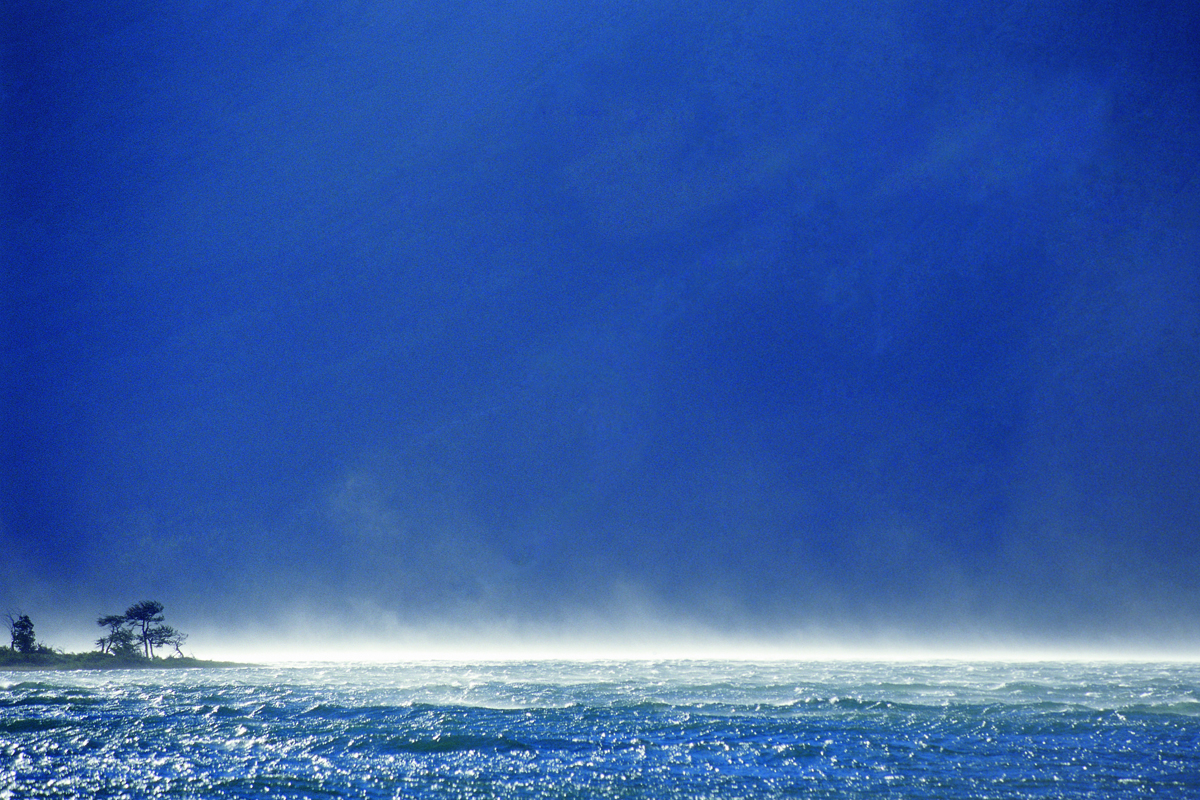
CLIMAQUA
An approach to feed production for aquaculture with low climate impact
Aquacultures cause very high GHG emissions, with feed production accounting for 87 percent of GHG emissions. The CLIMAQUA project aims to implement an innovative aquaculture-based food system with reduced climate impact. Various technological aspects should lead to a low carbon footprint, and the scientists involved are also looking for a way to produce algae biomass in a climate-friendly way.
The idea is to produce aquaculture feed that is more efficiently utilised by the animals. Instead of utilising side streams from aquaculture such as mud and leftover seafood in biogas plants or burning them, they are to serve as the basis for the algae Arthrospira platensis. The biomass produced in this way with lower emissions ultimately serves as animal feed, for example. The aim is to achieve decentralised fish feed production with on-site processing and minimal transport. Finally, the replacement of feed from agriculture with A. platensis is to be achieved, possibly with feed from residues. Another aspect is the assessment of the socio-economic impacts and consequences of climate change on aquaculture in Africa and Europe. Therefore, CLIMAQUA aims to focus on the development of specific, decentralised technologies adapted to local environmental conditions for feed production. The project builds on the knowledge of aquaculture and feed production and involves partners from Norway, Germany, Kenya and South Africa.
PROJECT DURATION:
2021-2023
PROJECT SPONSOR:
German Federal Ministry of Food and Agriculture (BMEL)
GRANT-NUMBER-PN:
none
PROJECT MANAGER:
Apl.-Prof. Dr. Daniel Pleissner
PROJECT PARTNER:
German Institute of Food Technologies (DIL), Germany
Nofima, Norway
Norwegian University of Science and Technology (hereinafter NTNU, Norway,
Karoo Catch, South Africa,
Agricultural Research Council (ARC), South Africa,
Kenya Agricultural and Livestock Research Organization (KALRO), Kenya,
Rhodes University (EBRU), South Africa